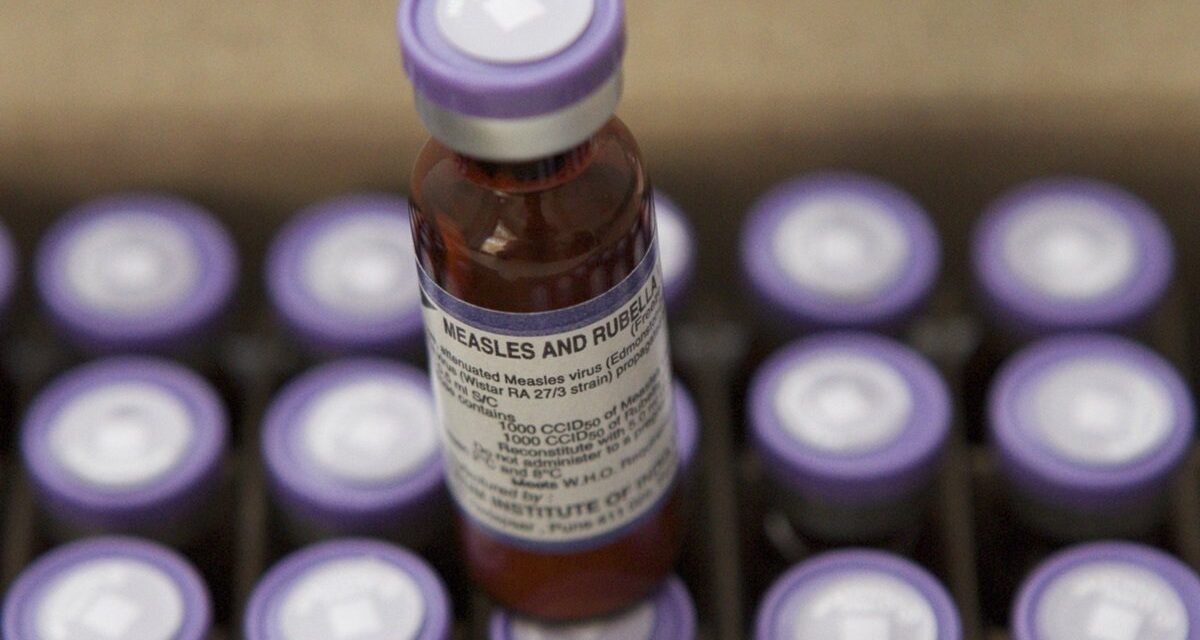Measles outbreaks in the United States and across the globe have ignited concerns among health experts regarding the resurgence of this preventable childhood virus, prompting renewed calls for vaccination. Measles, one of the most contagious diseases known, poses significant risks, making vaccination crucial to safeguard public health.
Measles Cases in the U.S. Surge
As of April 5, the U.S. Centers for Disease Control and Prevention (CDC) has reported 113 measles cases nationwide. This figure already nearly doubles the total cases recorded for the entirety of last year. Alarming as it is, this year’s count remains lower than peaks witnessed in 2014 and 2019, which saw 667 and 1,274 cases, respectively. However, health authorities caution that the rapid increase in cases during the first quarter of 2024 poses a renewed threat to the elimination of measles in the country.
Global Origins and U.S. Importations
Measles persists in many parts of the world, with unvaccinated travelers acting as vectors for transmission. Most recent cases in the U.S. have been linked to individuals who contracted the virus in the Middle East and Africa, underscoring the interconnectedness of global health and the importance of vaccination to prevent importation and subsequent outbreaks.
Outbreaks and Affected Areas
Measles outbreaks have been confirmed in 17 states across the U.S. this year, including major cities such as New York City, Philadelphia, and Chicago. Notably, the Chicago outbreak, primarily affecting individuals in a migrant shelter, has seen 61 confirmed cases. Prompt intervention by health officials, including the administration of over 14,000 vaccines, has contributed to a decline in cases in the city.
Highly Contagious Nature of Measles
Measles spreads rapidly through respiratory droplets and contaminated surfaces, with the virus capable of lingering in the air for up to two hours. Its high transmission rate means that up to 9 out of 10 susceptible individuals exposed to the virus may become infected, underscoring the urgency of vaccination efforts.
The Importance of Vaccination
Before the introduction of the measles vaccine in 1963, the disease was widespread, infecting millions annually and leading to thousands of hospitalizations and deaths. Vaccination remains the most effective defense against measles, with the measles, mumps, and rubella (MMR) vaccine proven to be safe and highly effective. However, vaccination rates have faced challenges, with national rates dipping to 93% during the COVID-19 pandemic, below the threshold required for herd immunity.
Conclusion
As measles cases continue to rise both domestically and internationally, health experts emphasize the critical importance of vaccination in controlling the spread of this highly contagious and potentially serious disease. Efforts to ensure high vaccination coverage remain essential in protecting individuals and communities from measles outbreaks and safeguarding public health.












